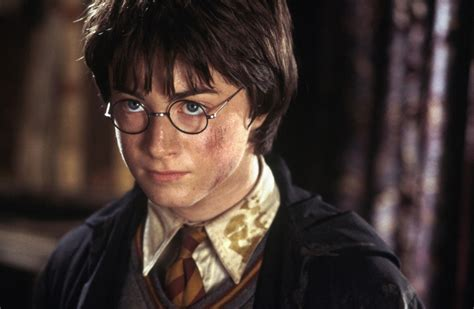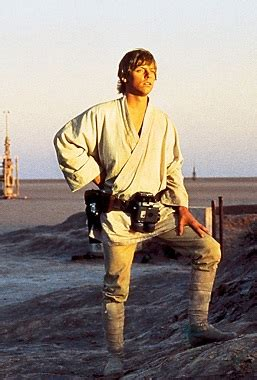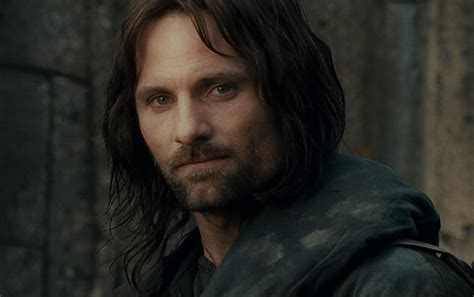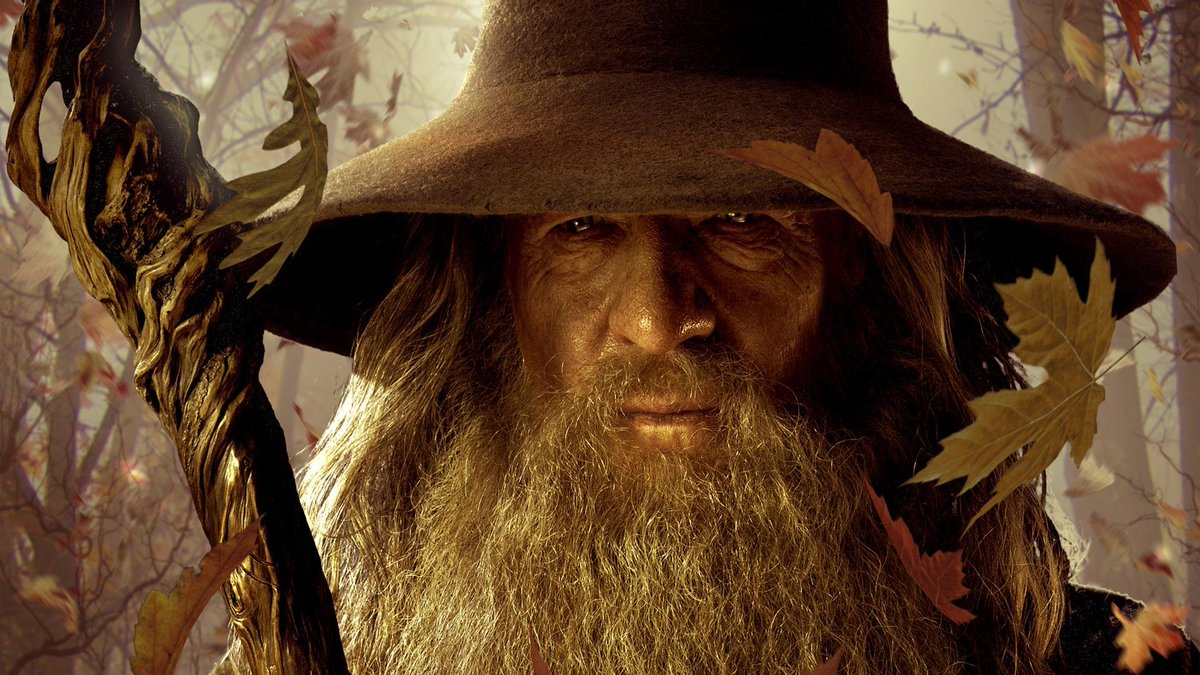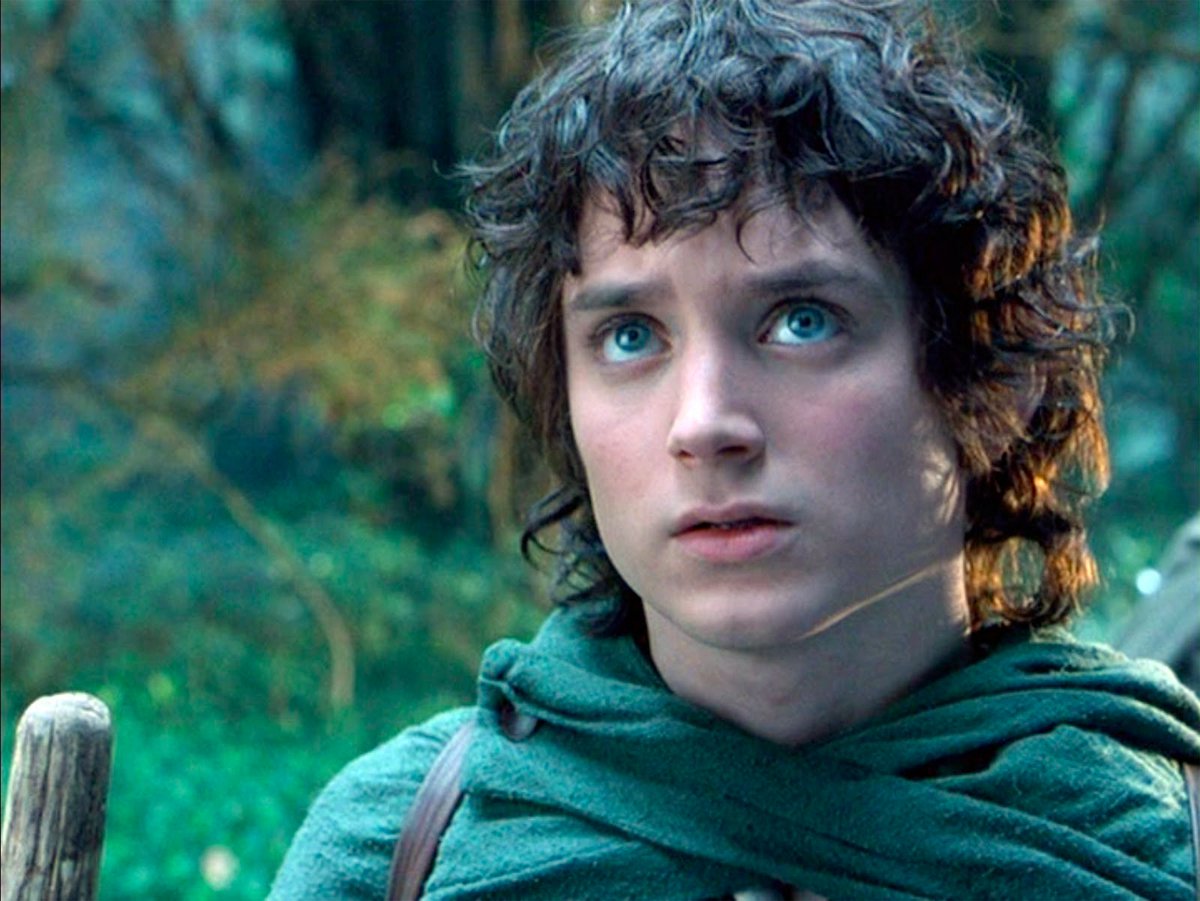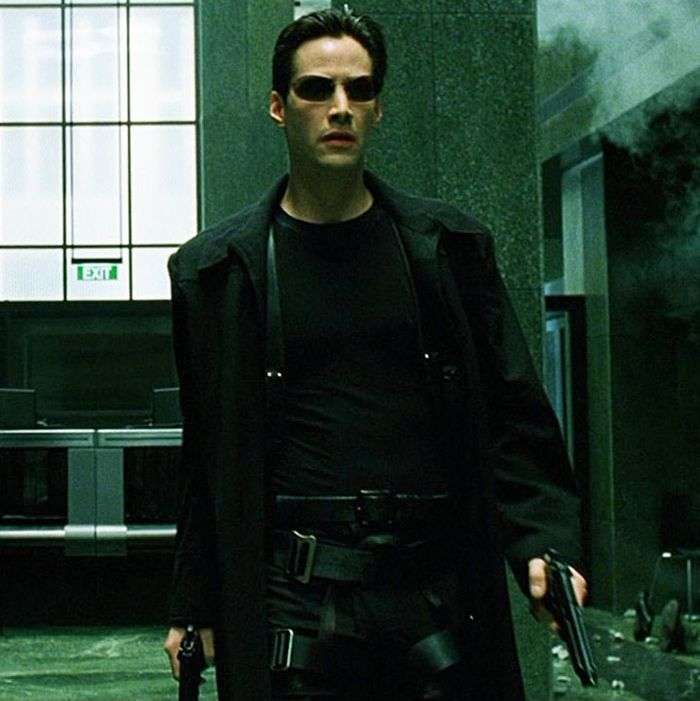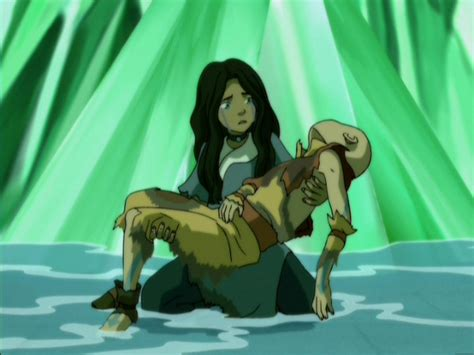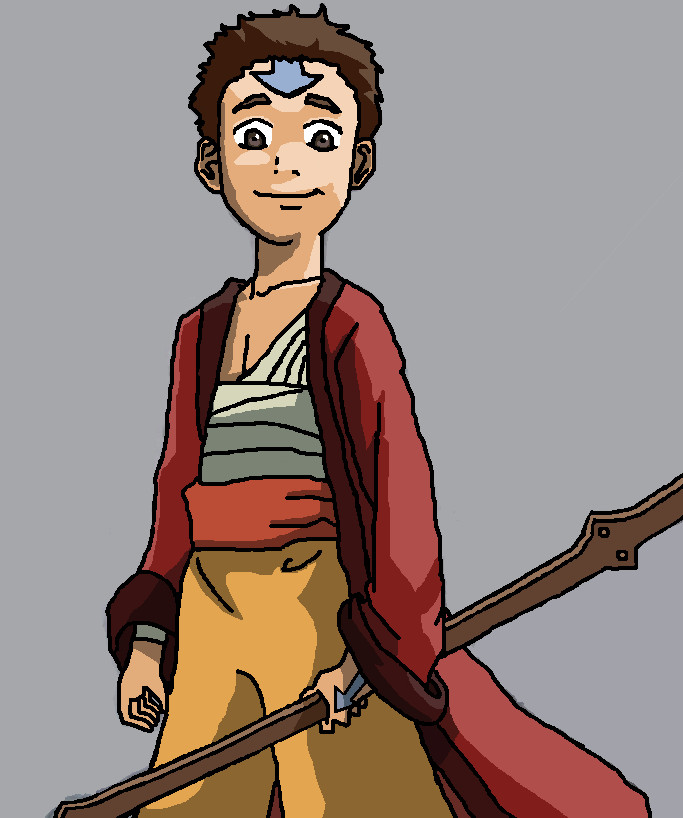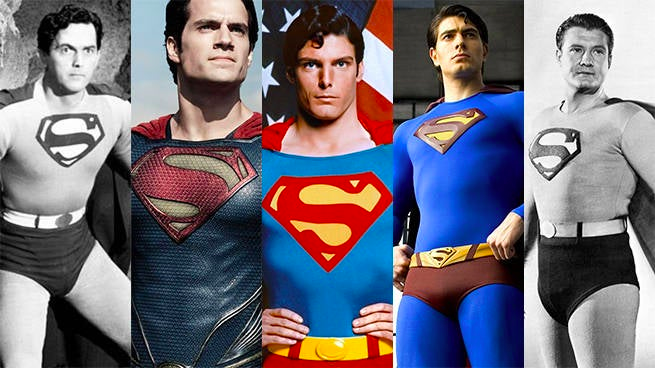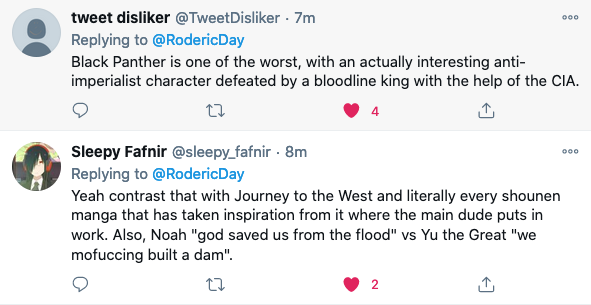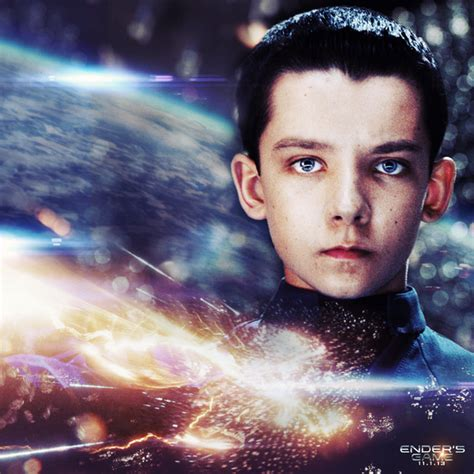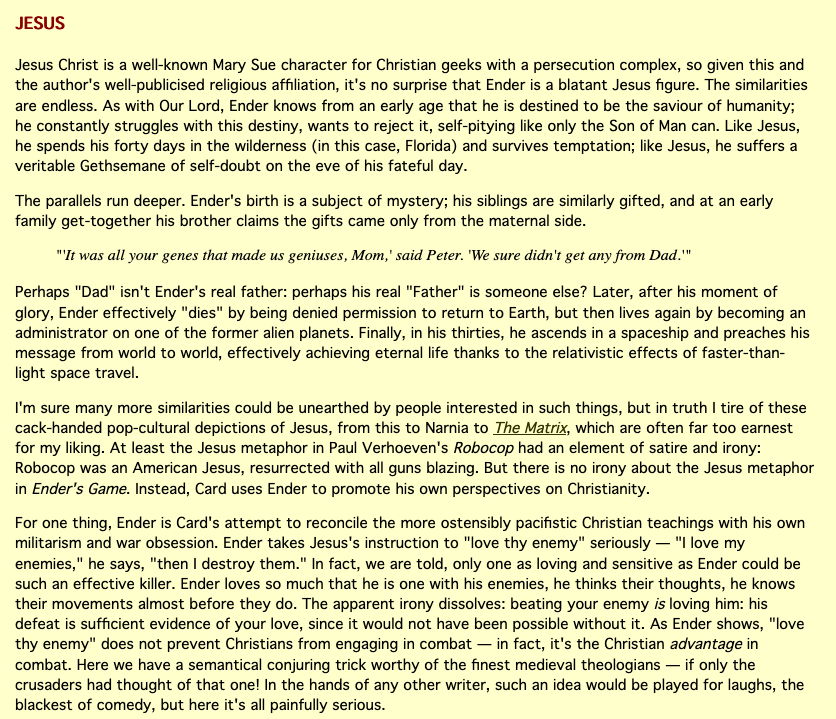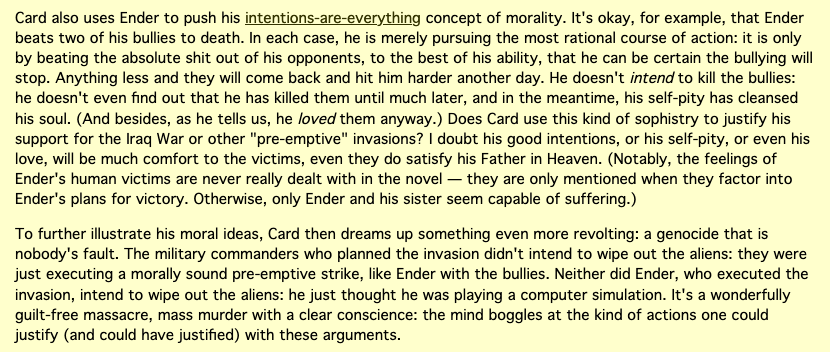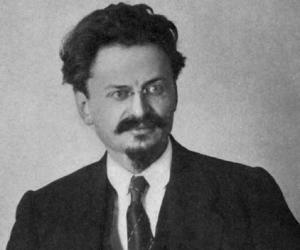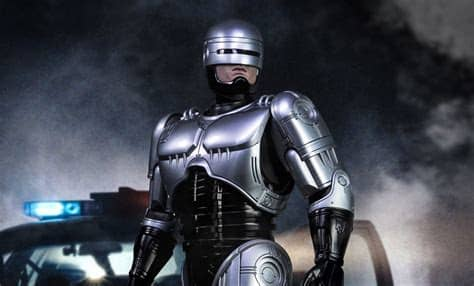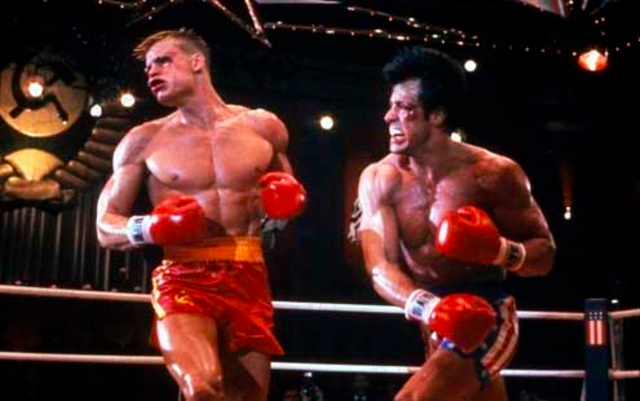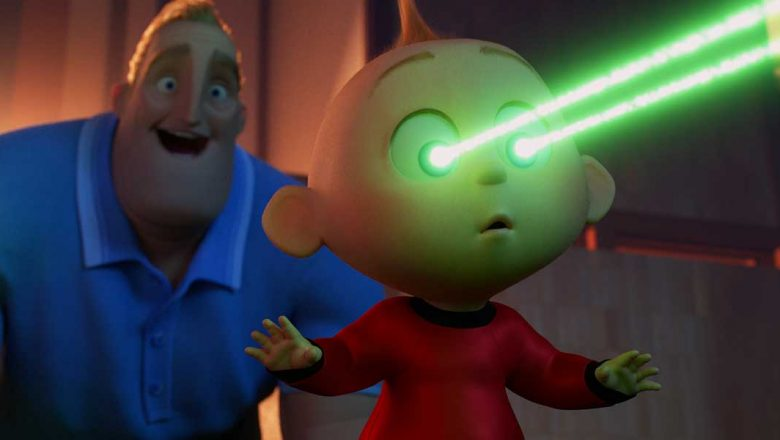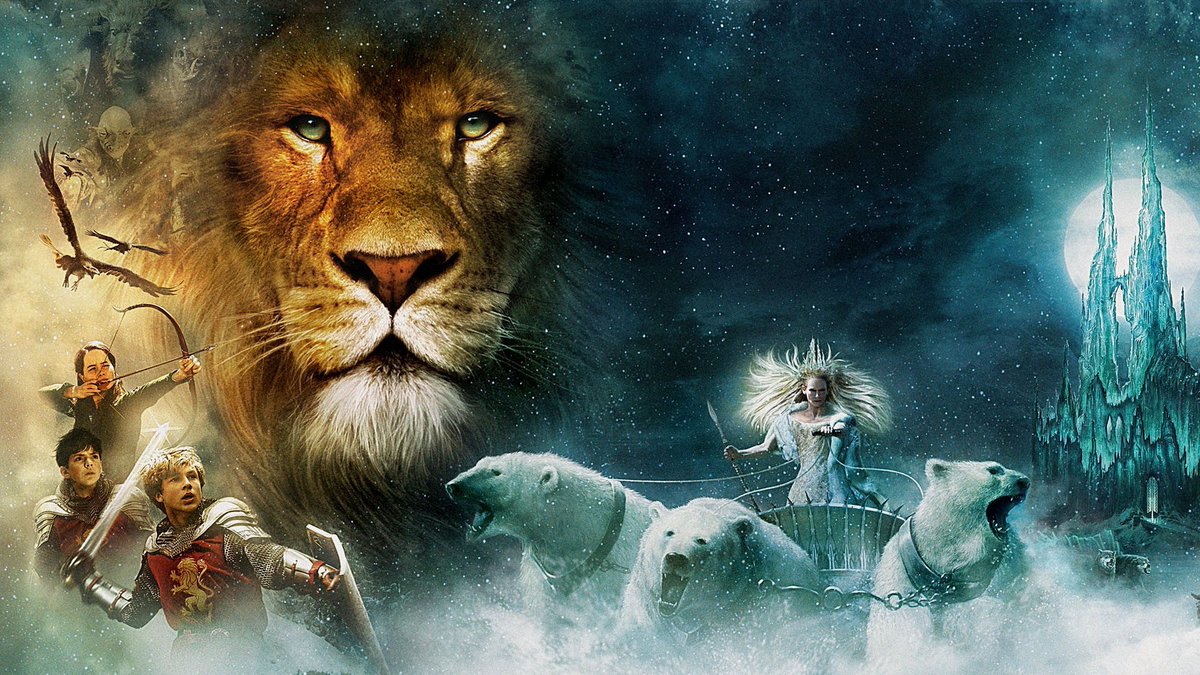It's really wild how large swathes of our pop culture simply retread the tale "some people are simply genetically better than others, and their rightful place is occupied by an undeserving evil."
Like a merger of Jesus "The Chosen One" and entrepreneurship propaganda.
Like a merger of Jesus "The Chosen One" and entrepreneurship propaganda.
Star Wars? Lineages, bloodlines, destiny.
Also, why does the force need "balance" between good an evil?
Also, why does the force need "balance" between good an evil?
How many "destined Jesuses" fighting "ugly orcs" in LOTR? At least three. Lots of coming back from death and such.
Neo from the Matrix, to the credit (of at least the first movie), is very on the nose and explicit. They were self-aware at least.
Neo == the One, Trinity, etc.
Neo == the One, Trinity, etc.
Tony Stark's Iron Man? Dies and is reborn of course.
It even happens in a nondescript middle-eastern cave.
It even happens in a nondescript middle-eastern cave.
Aang from Avatar TLA does a good job aesthetically breaking the mould (choreography, costumes),
but is ultimately really weighed down by its Aang-as-Dalai-Lama(-as-Jesus) story.
Temptation, rebirth, etc.
but is ultimately really weighed down by its Aang-as-Dalai-Lama(-as-Jesus) story.
Temptation, rebirth, etc.
Jon Snow of Game of Thrones has a whole "Azor Ahai" thing, gets brought back from death, turns out not to be some random guy but heir to a big bloodline, etc.
Superman is another Jesus. Literally sent from Space to be raised by farmers, and has his own rebirth arc with Darkseid.
Some patterns should be very evident already:
- a thin white guy with some dark features
- achieves victory via talented individuality (no collective action needed)
- belongs to a legendary bloodline / fits a prophecy
- is destined to win, so often plays with a handicap
- a thin white guy with some dark features
- achieves victory via talented individuality (no collective action needed)
- belongs to a legendary bloodline / fits a prophecy
- is destined to win, so often plays with a handicap
When you pick up on this core pattern, it becomes easy to separate purely aesthetic departures that keep ideology mostly intact, and superficially similar tales that have substantially different messages.
h/t @TweetDisliker @sleepy_fafnir
h/t @TweetDisliker @sleepy_fafnir
Lots of "radical centrists" claim that Ender's Game was their favourite book growing up.
Here's a very good negative review which touches on the particularly sinister implications of this specific case:
https://web.archive.org/web/20110320124648/plover.net/~bonds/ender.html
Here's a very good negative review which touches on the particularly sinister implications of this specific case:
https://web.archive.org/web/20110320124648/plover.net/~bonds/ender.html
This cultural backdrop also affects "radical" politics in the West.
A common misunderstanding of USSR history goes:
"Trotsky, a thin smart white guy with dark features, was chosen via Lenin's Will. He would have done amazing things, but he was thwarted by mindless Stalinists."
A common misunderstanding of USSR history goes:
"Trotsky, a thin smart white guy with dark features, was chosen via Lenin's Will. He would have done amazing things, but he was thwarted by mindless Stalinists."
Sometimes Jesus metaphors can be fun.
As Stephen Bond puts it:
>At least the Jesus metaphor in Paul Verhoeven's Robocop had an element of satire and irony: Robocop was an American Jesus, resurrected with all guns blazing.
As Stephen Bond puts it:
>At least the Jesus metaphor in Paul Verhoeven's Robocop had an element of satire and irony: Robocop was an American Jesus, resurrected with all guns blazing.
"David vs. Goliath" is another great example of a biblical narrative that forms the historic subjectivity of the West.
Halfway through the Reagan era, Rocky IV (1985) portrays the US as a scrappy corn-fed underdog vs a scientifically-enhanced mutant USSR!
https://twitter.com/chairmankush/status/1337448784738004994
Halfway through the Reagan era, Rocky IV (1985) portrays the US as a scrappy corn-fed underdog vs a scientifically-enhanced mutant USSR!
https://twitter.com/chairmankush/status/1337448784738004994
Definitely.
"The Incredibles" series is another great example of media reproducing a lot of these patterns uncritically.
https://twitter.com/EmilyGermek/status/1337448976367284225
"The Incredibles" series is another great example of media reproducing a lot of these patterns uncritically.
https://twitter.com/EmilyGermek/status/1337448976367284225
@JennyENicholson has a great video on this:
>What is it with these movies hating everybody that's not born a superhero?
>...
>very into the idea of destined inherent greatness
>...
>punishes any characters who try to rise above their predetermined role
>What is it with these movies hating everybody that's not born a superhero?
>...
>very into the idea of destined inherent greatness
>...
>punishes any characters who try to rise above their predetermined role
I haven't actually seen or read this, but both Stephen Bond and Justin Podur bring up "Narnia" as a stark example:
https://twitter.com/justinpodur/status/1337456404253249537
https://twitter.com/justinpodur/status/1337456404253249537

 Read on Twitter
Read on Twitter